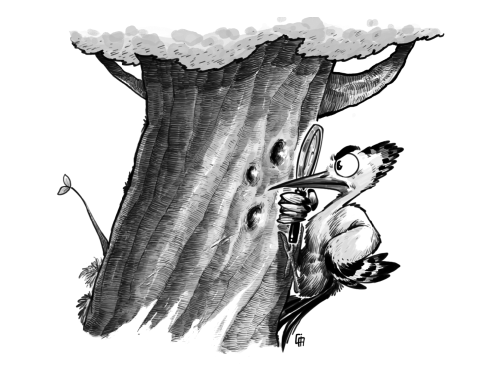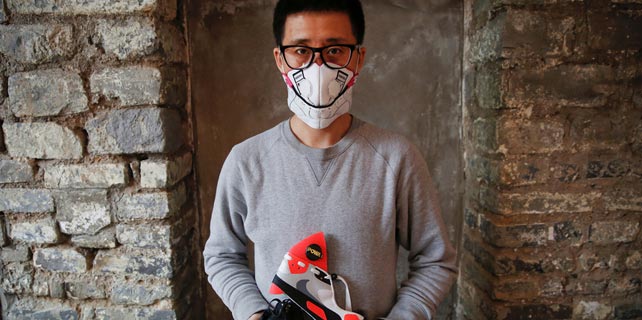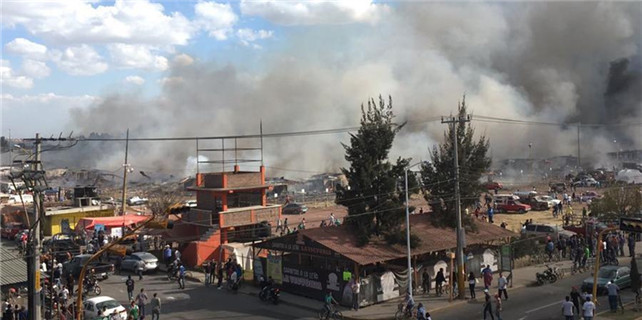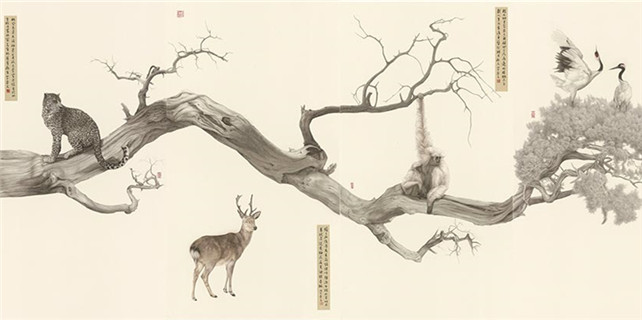What effect will strict Party discipline have?
 |
|
CAI MENG/CHINA DAILY |

Editor's Note: This week we are presenting a year-end review of the global economy, China's politics, economy, society and diplomacy, and the international situation. Today, four researchers review the politics and give their predictions for next year.
The Sixth Plenum of the 18th Central Committee of the Communist Party of China issued two documents in November: The Norms Regarding Intra-Party Political Life In New Situation and Regulations Regarding Intra-Party Supervision. The documents emphasize stricter supervision of the Party and Party members.
Given their aims, the documents will play a major role in bolstering the ongoing campaign against corruption and helping prevent corruption instead of combating it after it happens.
Strict Party regulation should be made an integral part of the governance of political parties, because a majority of the corruption cases have their origin in violations of discipline. The requirements of Party discipline are generally higher than those of laws, yet they are necessary because Party members should abide by not only laws, but also Party discipline and regulations.
In particular, stricter discipline requirements for Party members will create an atmosphere conducive to clean governance and demonstrate the central leadership's firm determination to fight against corruption. As such, a key job of the leadership in 2017 should be to further strengthen intra-Party supervision and improve Party governance.
Four aspects of Party discipline demand special attention. The first is transparency. Various intra-Party regulations have made it clear which issues and happenings should be made transparent to Party members, and those regulations have to be fully followed from next year, as transparency helps promote efficiency and curb corruption, both within and outside the Party.
Second, the responsibility system must be strengthened. At present, various levels of Party committees are in charge of leading and supervising Party organizations, while disciplinary commissions are in charge of regulating them when it comes to discipline. So both types of organizations must strengthen their supervision. And the Party committees need to lead and check the work of Party disciplinary committees at the same level, while Party committee members should be monitored to prevent them from violating discipline.
Third, intra-Party democracy should be promoted. The decision-making power of Party organizations at various levels should be put under the supervision of all Party members, who should be given the right to speak out when they detect problems.
And fourth, modern technology should be used to strengthen inner-Party supervision. With the help of the internet and other information technologies, it is not difficult to supervise Party officials and promote interactions between Party officials, supervisors and ordinary Party members.
Modern technology can help in at least two aspects-providing a more efficient platform for people to report suspected corruption cases, and collecting big data on corruption for analysis. An efficient platform to report corruption cases already exists, as the Central Commission for Disciplinary Inspection, China's top anti-corruption watchdog, has posted its app online using which anybody can upload their reports on suspected corruption cases.
However, not much progress has been made on big data on corruption for analysis. It's time the Party established a mechanism to collect big data on corruption, analyze them and decide which areas require strengthened supervision.
The author is an associate professor on anti-graft studies at Peking University. The article is an excerpt of his interview with China Daily's Zhang Zhouxiang.









